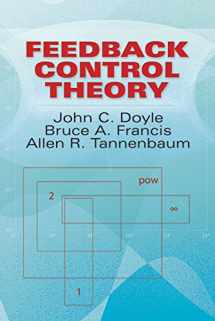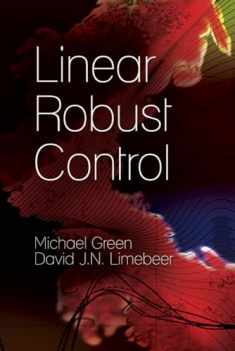
Feedback Control Theory (Dover Books on Electrical Engineering)
Book details
Summary
Description
An excellent introduction to feedback control system design, this book offers a theoretical approach that captures the essential issues and can be applied to a wide range of practical problems. Its explorations of recent developments in the field emphasize the relationship of new procedures to classical control theory, with a focus on single input and output systems that keeps concepts accessible to students with limited backgrounds. The text is geared toward a single-semester senior course or a graduate-level class for students of electrical engineering.
The opening chapters constitute a basic treatment of feedback design. Topics include a detailed formulation of the control design program, the fundamental issue of performance/stability robustness tradeoff, and the graphical design technique of loopshaping. Subsequent chapters extend the discussion of the loopshaping technique and connect it with notions of optimality. Concluding chapters examine controller design via optimization, offering a mathematical approach that is useful for multivariable systems.


We would LOVE it if you could help us and other readers by reviewing the book
Book review





